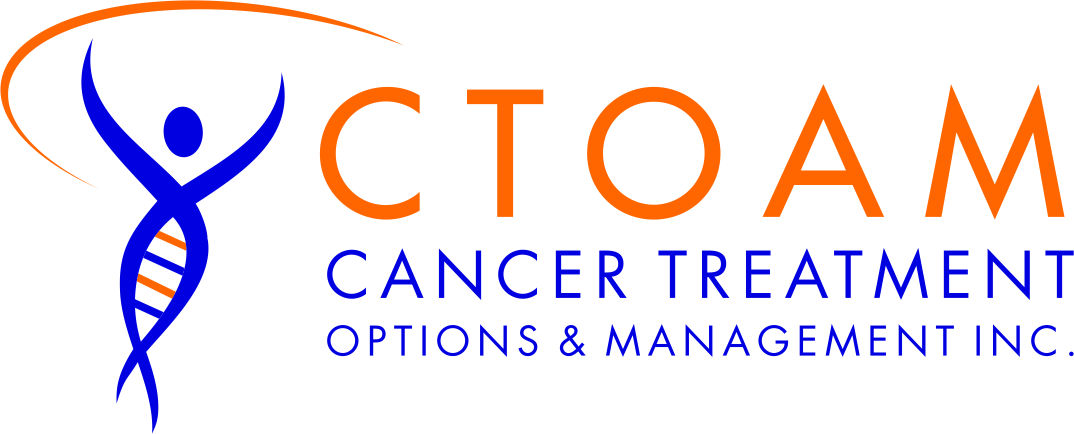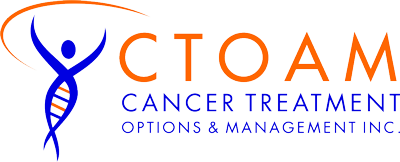
“Hi Alex, the MRI results are amazing! My oncologist even phoned me – unusual. He’s so pleased. All thanks to you. If it wasn’t for you, I would not be here. I’m over the moon.” – Lilian
Many folks wonder if we can really help them beat cancer…and, if so, how do we do it?
The answer is yes – we can almost always help anyone with cancer! Even if it’s stage 4, and even if you’ve already been told there are no more options left for you. As long as a patient is well enough to tolerate targeted therapies (which are often far better tolerated than standard treatment), we can help.
And we help patients by applying Precision Cancer Medicine to their cancer care. This means we use the most advanced medical science, newest targeted treatments, and leading-edge technologies to help patients maintain the highest quality of life possible and enter remission asap.
Let’s take a recent patient of ours, Lilian, and explore her story…
From stage 4 with brain metastasis to ZERO brain tumors in under three months
This case study was prepared by our lead cancer expert and Chief Research Director, Alex Rolland. Alex has helped prepare treatment plans for oncologists at the Mayo Clinic, MD Anderson, and Johns Hopkins, as well as cancer centres and hospitals worldwide. He is one of the world’s leading minds in Precision Cancer Medicine and oncogenomics.
Case Report: Metastatic EGFRm NSCLC
Lilian is a patient with EGFR mutated NSCLC who had stopped responding to Taggriso.
Previously, her oncologist had prescribed Tagrisso based on tumor DNA sequencing, which detected two EGFR mutations (EGFR G719S and L861Q). However, she had stopped responding and developed a brain metastasis.
We reviewed her DNA report and did an advanced new RNA expression test that looked at the expression of 22,000 genes. While DNA testing is important to identify DNA alterations that drive the cancer, only RNA expression testing can tell us if these alterations are actually driving the cancer.
This is because cancers use both DNA mutations and epigenetics (differential activation/silencing of genes in order to create the myriad of cell types that make up our bodies).
Our expression analysis showed that EGFR was over-expressed by 17.9-fold and concluded that Osimertinib was not doing its job!
From our experience, we have found that each drug has a very unique mutation profile and that often gets missed. Lilian’s tumor DNA sequencing report identified the presence of both an Osimertinib sensitive EGFR L861Q mutation and an Osimertinib resistant EGFR G719S mutation.
Lung cancers that harbour the EGFR G719S mutation have a lower sensitivity to third-generation TKIs than to second-generation TKIs – and clinical trial data shows Afatinib is more effective for cases with uncommon mutations, especially EGFR G719S and L861Q (Yang et al., 2015).
So Lilian’s oncologist prescribed Afatinib.
We then conducted blood based circulating tumour DNA testing(ctDNA)which showed that her EGFR L861Q was only slightly elevated (by 1.5%) so by deduction we assumed the EGFR G719S was driving the growth and that is why we urged the switch to Afatinib.
Additionally, since Lilian had radiation for her brain tumour, we suggested adding Avastin.
The addition of Avastin was two-fold. First, it is synergistic with Afatinib in NSCLC and increases overall responses, progression free survival, and overall survival rates when combined with Afatinib. Secondly, it reduces nonvascular permeability in RT brain necrosis and alleviates edema.
Lilian recently shared her latest scan showing significant reduction of her cancer and a resolution of her brain metastasis and edema.
In other words, she is now free of brain tumors and is in remission in under less than 3 months!
These results are the rule, not the exception, when you apply Precision Cancer Medicine properly to your cancer care.
And our team is here to help you do just that.

What you need to know! Quick recap:
Please don’t worry if the scientific terms and explanations in the case study sound like a bunch of gobbledygook to you! That’s very okay. It’s up to our team of experts to understand the complex science behind everything – your job is simply to ask questions, reach out for the support you need, and do the best you can to get through this difficult time.
So here are the fundamental points for you to take away from this:
1. Standard testing is NOT enough
Standard pathology – and even standard tumor DNA testing, sadly – are not enough to ensure you’ve identified ALL of your treatment options. They’re also not enough to ensure you’re on the right treatment. If Lilian had stuck with her doctor’s analysis of her tumor DNA testing, she wouldn’t be alive today. That’s why it’s important to understand this point, however frustrating it may be. Standard care is simply not good enough for most cancer cases.
2. CTOAM can always help you get better results
Having our experts at CTOAM review your genetic test results will always lead to you and your doctor being able to make the best use of the most current medical science in your cancer care plan…in other words, it will give you the very best chance of beating cancer as fast as possible, while maintaining the highest quality of life (both during and after treatment).
Get the support you need to beat cancer, fast – using the newest treatments
Please reach out today if you’d like our lead expert, Alex Rolland, to assess your case and tell you exactly what your next steps should be to be for beating cancer asap using Precision Cancer Medicine.
If you’d like to be getting results like Lilian’s, register for a Precision Second Opinion consultation with Alex today:
Register for your Precision Second Opinion with cancer expert, Alex Rolland
The number one thing we hear from our patients is that they wish they’d started with us sooner.
Reach out anytime if you have questions or want to know more.
P.S. You can also book a 30-min Free Cancer Care Strategy Session with our cancer advocacy specialist, Michelle Morand, to ask any questions you have about our navigating the healthcare system and accessing better cancer care.
on January 5, 2023
